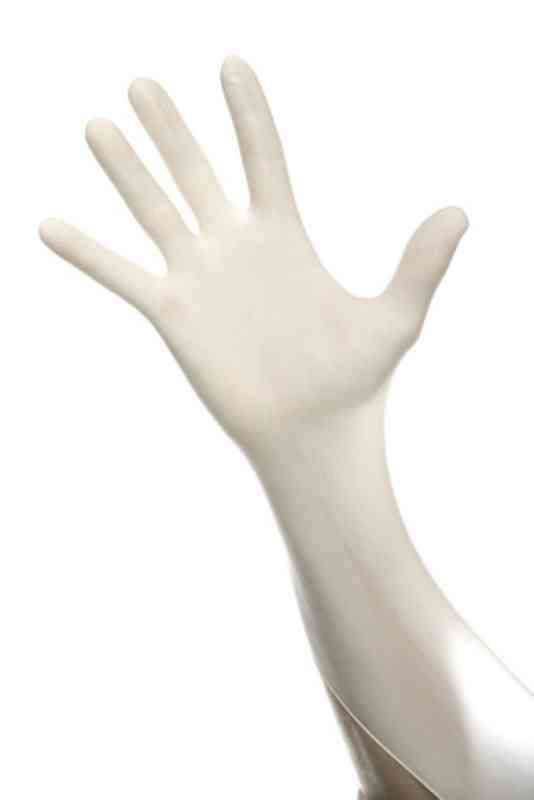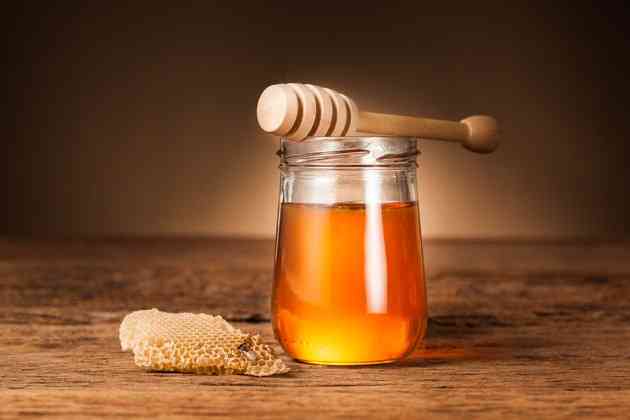Severe Sneezing & Congestion After Running

Going on an outdoor run can boost both physical and mental fitness and health. However, experiencing severe sneezing and congestion after a run can be discouraging and frustrating. Fortunately, most cases of severe sneezing and congestion after a run are not a cause for medial concern, are treatable at home and preventable with lifestyle changes.
 Exposure to pollen can cause runners to experience severe sneezing and congestion. (Image: Pixland/Pixland/Getty Images)
Exposure to pollen can cause runners to experience severe sneezing and congestion. (Image: Pixland/Pixland/Getty Images)Features
In addition to the sneezing and congestion, some runners might develop additional symptoms such as a runny nose; watery, itchy eyes; a sore throat; skin rashes; fever and headache. Some runners might experience these symptoms only during certain seasons, especially spring and summer, or during certain times of the day such as the early morning hours.
Causes
Symptoms such as severe sneezing and congestion often result from allergies to an environmental irritant such as pollen, mold, pet dander or cigarette smoke. Vasomotor rhinitis, also referred to as non-allergic rhinitis, can also cause runners to experience sneezing and congestion. Running while infected with a respiratory virus or bacteria such as a cold, influenza or sinus infection can also cause sneezing and congestion. A foreign object such as an insect could get into the nose while you run outside, leading to sneezing and congestion as your body tries to expel the item. Runners wearing clothing with latex fibers might experience a contact allergy to the latex, which can result in a stuffy nose and sneezing. Pregnancy might cause female runners to experience sneezing and congestion until the baby is delivered.
Treatments
Over-the-counter or prescription anti-histamine medications treat allergy symptoms such as nasal congestion, severe sneezing and runny nose resulting from triggers such as pollen, dust and mold as well as sneezing and congestion resulting from non-allergic rhinitis. Those unable to take anti-histamine medications might consider using a neti pot to rinse the nasal and sinus passages, which can help loosen and remove thick mucus that causes congestion. Hot tea with lemon and honey can also help reduce symptoms such as congestion and sore throat, says the University of Rochester website.
Prevention
Taking an allergy medication before going out on a run might help prevent runners from developing congestion and sneezing. Avoiding running outdoors on days with high pollen or mold counts can help prevent allergic reactions that lead to severe sneezing and nasal congestion. Running after 10 a.m., when pollen counts are lower, or after a soaking rain can also help reduce or prevent congestion and sneezing, according to the National Institute of Environmental Health Sciences website. After running, showering and using a nasal rinse can help remove any pollen or other irritants that can trigger congestion and sneezing.




